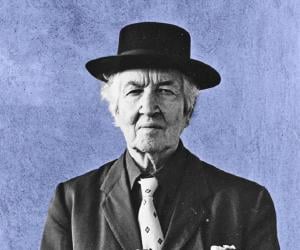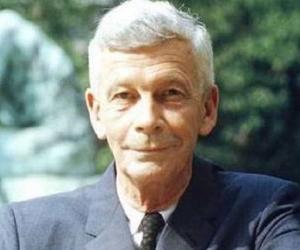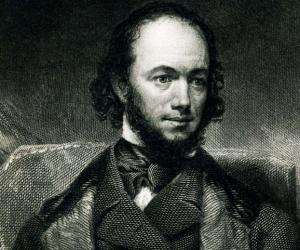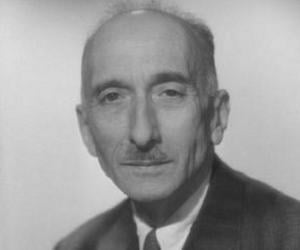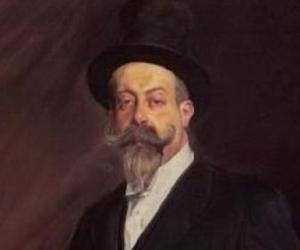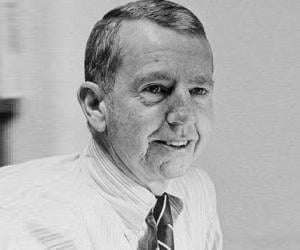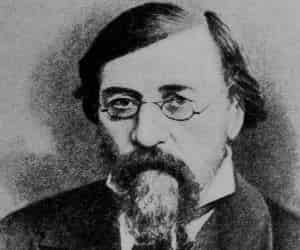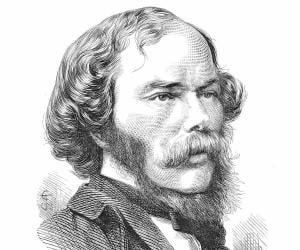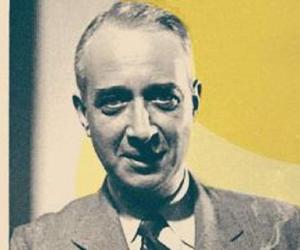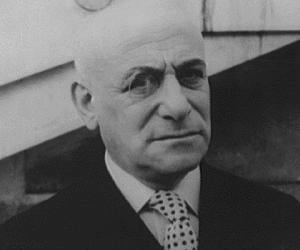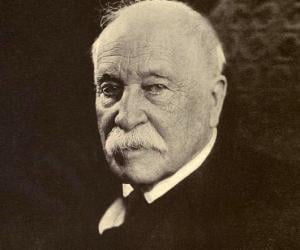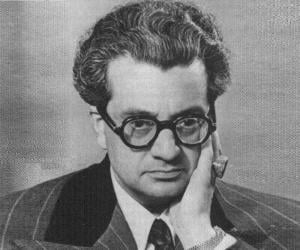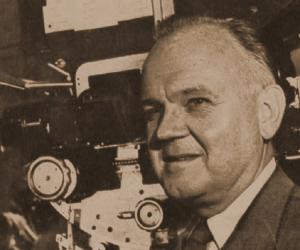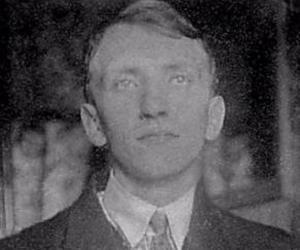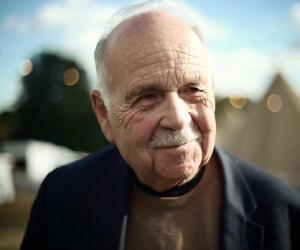Quick Facts
British Celebrities Born In July
Also Known As: Robert von Ranke Graves
Died At Age: 90
Family:
Spouse/Ex-: Beryl Graves, Nancy Nicholson
father: Alfred Perceval Graves
mother: Amalie von Ranke
siblings: Charles Patrick Graves, Mary Perceval Graves, Philip Graves
children: Catherine Graves, David Graves, Jennie Graves, Juan Graves, Lucia Graves, Sam Graves, Tomás Graves, William Graves
Bisexual Poets
Died on: December 7, 1985
place of death: Deià, Spain
Cause of Death: Heart Failure
Notable Alumni: St John’s College, Oxford
Founder/Co-Founder: Seizin Press
More Facts
education: St John’s College, Oxford
Childhood & Early Life
Robert von Ranke Graves was born on 24 July 1895 in Wimbledon, Surrey, England into a middle-class family. His parents were Alfred Perceval Graves, an Anglo-Irish poet, songwriter and folklorist, and his second wife Amalie von Ranke. He had four siblings.
As a young boy he attended a series of six preparatory schools including King’s College School in Wimbledon, Penrallt in Wales, Hillbrow School in Rugby, Rokeby School in Kingston upon Thames and Copthorne in Sussex.
He won a scholarship to the prestigious Charterhouse in 1909 where he began writing poetry. He also excelled at boxing and became the school champion at both welterweight and middleweight. During his final year at Charterhouse, he won a classical exhibition to St John’s College, Oxford. However, the World War I started before he could join the college.
Career
Immediately upon the outbreak of the World War I in 1914, Robert Graves enlisted and received a commission in the Royal Welch Fusiliers. His first volume of poems, ‘Over the Brazier’, was published in 1916 and he soon gained a reputation of being a war poet.
While fighting at the Battle of the Somme, he was badly wounded by a shell-fragment. His injuries were so severe that he was expected to die and was officially reported as having died of wounds. However he survived though his health remained delicate. His army career came to an end in 1918, but he continued to be troubled by his war experiences for years to come.
Robert Graves joined the University of Oxford in 1919 and changed his course to English Language and Literature, though managing to retain his Classics exhibition. During this time he became acquainted with several prominent personalities, the most notable of them was T. E. Lawrence, then a Fellow of All Souls’, with whom he discussed contemporary poetry.
He took up a post at Cairo University in 1926. This period marked a very tumultuous phase in his personal life and he separated from his wife and moved in with the poet Laura Riding in Deià, Majorca. The couple then founded a literary journal ‘Epilogue’, and wrote two academic books, ‘A Survey of Modernist Poetry’ (1927) and ‘A Pamphlet Against Anthologies’ (1928).
In the late 1920s, he also published ‘Lawrence and the Arabs’ (1927), a commercially successful biography of T. E. Lawrence and autobiography ‘Good-bye to All That’ (1929) which cemented his status as a reputed author.
The 1930s marked the peak of his writing career. His 1934 historical novel ‘I, Claudius’ not only became his most commercially successful work, but also received high critical praise. It was followed by a sequel ‘Claudius the God’ (1935).
He continued writing prolifically throughout the 1940s and 1950s. His historical novel ‘King Jesus’ was published in 1946, followed by ‘The White Goddess’ in 1948. ‘Seven Days in New Crete’ (1949), a work of science fiction, was another one of his prominent works in the 1940s.
In 1961 he became Professor of Poetry at Oxford, a post he held until 1966. In 1967, he collaborated with Omar Ali-Shah to publish a new translation of the Rubaiyat of Omar Khayyam. This translation, however, became controversial when it was discovered that the manuscript used by Ali-Shah and Graves was a forgery. This controversy severely affected his reputation.
Major Works
One of Robert Graves’ best known works is the war memoir ‘Good-Bye to All That’ in which he wrote about his life as a British army officer in the World War I. The book explores the themes of the inadequacies of patriotism, the rise of atheism, feminism, socialism and pacifism, among others.
His historical novel ‘I, Claudius’, was chosen by ‘Time’ as one of the 100 best English-language novels from 1923 to present in 2005. Written in the form of an autobiography of the Roman Emperor Claudius, it includes history of the Julio-Claudian Dynasty and Roman Empire.
Awards & Achievements
In 1934, Robert Graves was awarded the James Tait Black Memorial Prize for fiction for both ‘I, Claudius’ and ‘Claudius the God’.
He was among 16 Great War poets commemorated on a slate stone unveiled in Westminster Abbey’s Poet’s Corner in 1985.
Personal Life & Legacy
Robert Graves’ first marriage was to Nancy Nicholson, the daughter of the painter William Nicholson. The marriage produced four children. He fell in love with another woman, the poet Laura Riding, and left Nancy for her.
Robert Graves and Laura lived and worked together for many years before splitting up. Their break-up was as volatile as their relationship had been.
He then began a relationship with Beryl Hodge, the wife of fellow writer Alan Hodge and established a home with her in 1946. Their relationship, which eventually led to marriage, produced four more children.
He suffered from memory loss during his later years and died from heart failure on 7 December 1985, at the age of 90.
Facts About Robert Graves
Robert Graves famously believed in the power of poetry to heal and transform, often incorporating mythological elements into his works.
Graves served as an officer in World War I and his experiences during the war greatly influenced his writing, leading to a unique perspective on the human condition.
In addition to his poetry and prose, Graves was also a skilled translator, bringing works from Latin and Greek into English for a wider audience to enjoy.
Graves had a fascination with the supernatural and occult, exploring these themes in some of his lesser-known works.
Despite facing personal struggles and controversies throughout his life, Graves maintained a dedication to his craft and continued to produce influential and thought-provoking literature.
See more:


